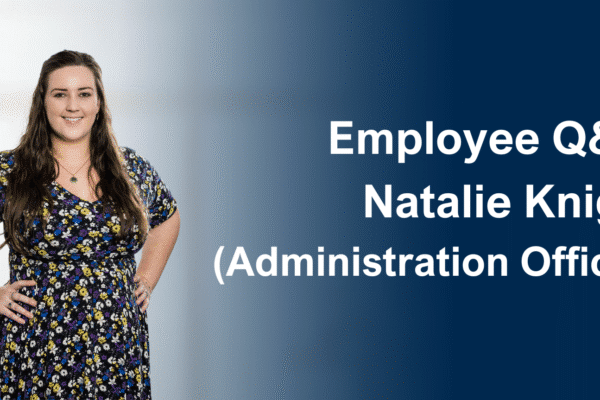One of the most frequent questions we get asked by clients is “how long does a transaction take?”. Of course, the standard advisor answer is “it depends”, but exactly what does it depend on, and how many of these factors are within the control of the client or the advisor?
- Preparation. A key determinant of the transaction timeline is how well prepared the company’s information is. If the business has well prepared financials, organised information on the business and the industry in which it operates, and a clear and documented plan for growth, this makes the world of difference. Marketing documents (the Information Memorandum) are easier to prepare, the Due Diligence process is (slightly) less painful, and potential investors gain a great deal of confidence in the way the business runs;
- Commitment to a process. If the shareholders are just “testing” the market and don’t have a clear rationale for a transaction, investors will usually pick up on this and shy away. Investors are usually time poor and assessing multiple opportunities, so taking the time to articulate your objectives, committing to a process, and ensuring realistic value expectations on both sides of the table are all crucial to building trust between the parties, and ultimately ensuring that everyone is running in the same direction. This also includes dedicating sufficient resource during the transaction to make sure that investor questions can be answered in a timely manner;
- Investor universe. A broad investor universe can be great for creating competitive tension, but it can also take a lot of time to sort the tyre-kickers from the genuine contenders. Ideally, there will be a handful of qualified investors with a clear rationale for making the investment. Of course, it’s not always possible to control the timeline of a potential buyer, but understanding their investment criteria and getting to the decision makers early helps;
- Teamwork. Having the right team supporting you is crucial, including the internal team (who’s going to respond to DD questions and who’s going to keep the business humming?), and the external team (corporate, legal, financial and tax advisors). Some forward planning with your team will help to identify any potential roadblocks ahead of time, and it’s important that everyone is singing from the same hymnbook;
- Setting deadlines. Things change and sometimes the unexpected happens, but it’s human nature to let the task expand to fill the time available. Setting deadlines helps keep people focused on what’s really important, and relentless nagging is a necessary part of the advisor’s role!!
Market statistics suggests that the “average” private company transaction takes approximately 200 days (7.3 months) from initially signing a sale mandate through to completion of the transaction*. Generally, the sale timeline increases as the businesses for sale become larger and more complex but can also depend on the region where the deal is taking place, and whether it is cross-border.
So far this year, InterFinancial and IFL Ventures closed three transactions all within the space of three months from initial information collection to signed contracts. All transactions exhibited most of the characteristics above which ultimately helped drive very efficient processes. Not all transactions will be this fast, however 200 days does not have to be the norm.
*BIZCOMPS – USA (2004 – 2014)
Authors: Michael Kakanis & Mark Steinhardt











